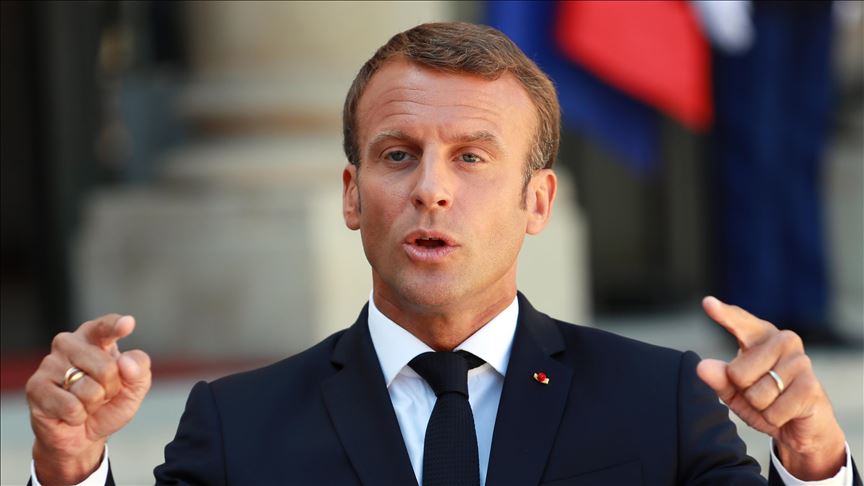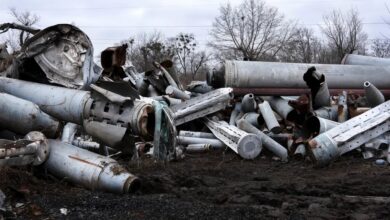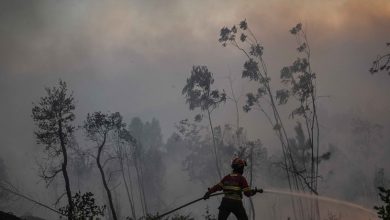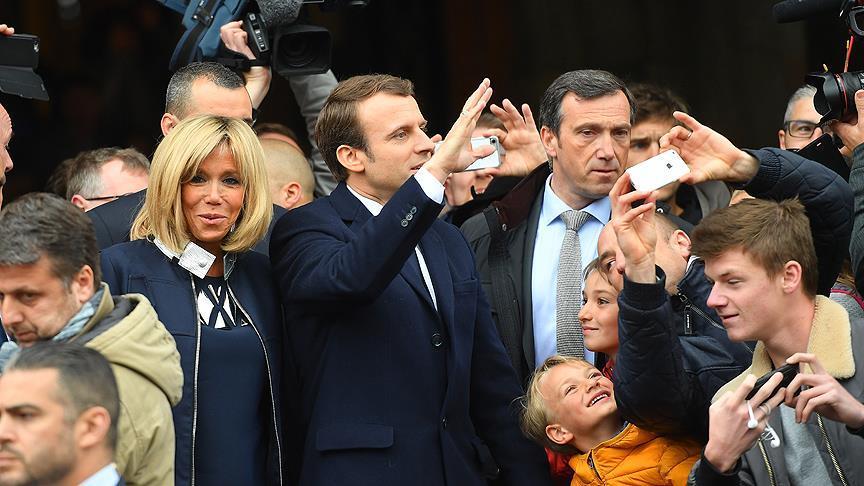
G7 member countries oppose a nuclear-armed Iran, France’s president said.
The leaders of Canada, France, Germany, Italy, Japan, the U.K., and U.S. discussed Iran on Saturday, Emmanuel Macron told reporters on the second day of G7 summit in the French town of Biarritz.
“No member of the G7 wants Iran to get a nuclear weapon and secondly all the members of the G7 are deeply attached to stability and peace in the region,” Macron said.
Despite recent media reports, Macron said he did not given a “formal G7 mandate” to pass messages on to Tehran.
He added that he would continue to have talks with Iran in the coming weeks to reduce tensions.
Ahead of the G7 summit, Iran’s top diplomat Javad Zarif visited Pais, where he had separate talks with Macron and his French counterpart Jean-Yves Le Drian. The Iran nuclear deal was the visit’s key focus.
Later on Sunday, U.S. President Donald Trump confirmed that the G7 had not given Macron a mandate to speak with Iran on the group’s behalf, saying: “No, I have not discussed that.”
Trump said he also supported Japanese Prime Minister Shinzo Abe’s outreach on Iran.
“We’ll do our own outreach…but you can’t stop people from talking. If they want to talk, they can talk,” he added.
Top Iran’s diplomat visits Biarritz
Meanwhile, Iranian Foreign Ministry spokesman Abbas Mousavi announced that Zarif was invited by his French counterpart to Biarritz to for talks.
Mousavi said on Twitter that there would be no talks between Zarif and Trump, or any U.S. delegation.
Zarif met Macron on the sidelines of the G7 summit after talks with Le Drian, followed by a joint briefing for the U.K. and Germany, the Iranian top diplomat said on Twitter.
Underlining that Iran’s active diplomacy in pursuit of constructive engagement was ongoing, Zarif said: “Road ahead is difficult. But worth trying.”
Germany’s Merkel, for her part, said that G7 leaders agreed on preventing an Iran-owned nuclear weapon and avoiding tensions in the Gulf.
She told reporters that Iran should not obtain nuclear weapons and that “everyone wants to achieve this through negotiations.”
The Iran nuclear accord, also known as the Joint Comprehensive Plan of Action (JCPOA), was signed in 2015 between Iran and Russia, China, France, the U.K. and the U.S. plus Germany.
Last year, however, U.S. President Donald Trump unilaterally withdrew from the deal and intensified pressure on Tehran by re-imposing sanctions targeting the country’s energy and banking sectors.
Under the agreement, the world’s major powers promised to lift economic sanctions imposed on Iran in return for Tehran agreeing to limit its nuclear activity to peaceful and civilian purposes.
In June, Iran sharply criticized world powers for not fulfilling their promises and threatened to abandon parts of the deal.
[adrotate banner=”71″]



